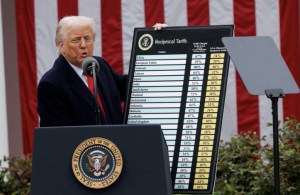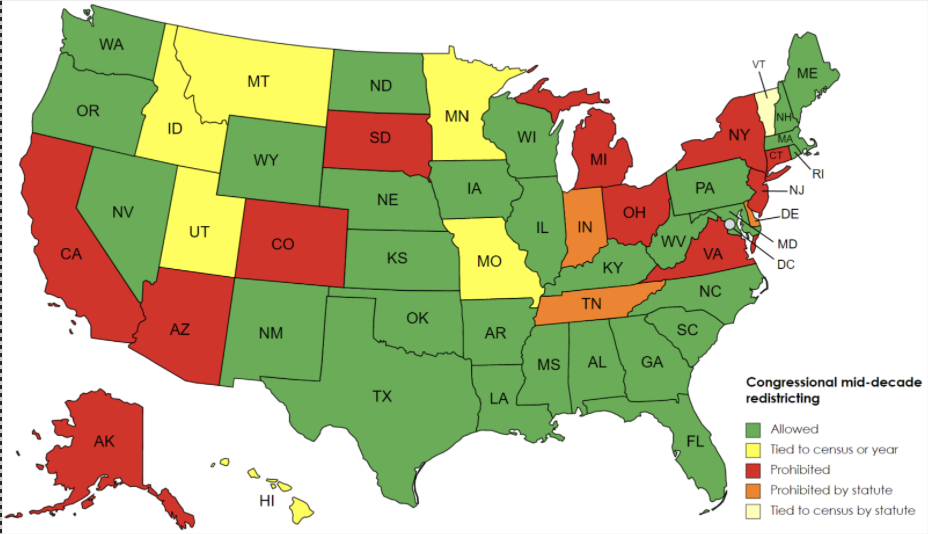Ever since Donald Trump returned to office in January, he has been enacting strict tariffs. What started as just 10-25% tariffs, has now led to a trade war between the U.S. and China. Many U.S. citizens, especially new adults who are just getting out of high school, are unaware of how this may affect them and their future.

Tariffs are taxes charged on goods bought from other countries. Trump’s reasoning behind extreme tariffs was that he wanted other countries to do more to prevent immigrants and illegal drugs from reaching the US. He also wanted consumers to purchase American-made products, but as a result of these sudden tariffs, they will cost drastically more in the short-term. The U.S. would also have to rebuild supply chains. Overall, Trump’s plan is to make it more expensive to buy from other countries, in hopes of people leaning towards American products.
Tariffs are now set to 145% on imported Chinese items. Prices of common items in U.S. households such as toys, electronics, clothing, appliances, and furniture will see changes. However, a big price change that many Americans aren’t aware of is vehicles. Erin Witte, director of consumer protection for the Consumer Federation of America spoke in an CNBC article. Witte said, “Rising car prices are already a major pain point for the vast majority of Americans who live in an area where they need a car, these tariffs will make it much worse and will significantly reduce Americans choices about what car they want to buy.”
Senior Ameer Abu-Zir spoke up about his concerns for his future. “I’m concerned with my ability to pay for a house or even just food, as the cost of everything keeps going up,” he said. “I believe that adulthood will be different as we need to be more cautious with our finances. Such as delaying the purchase of a car.”
As the China and US trade war continues, prices in the country may increase. This includes things such as electronics, toys, clothing, and food. These prices will make it difficult for seniors who will soon be on their own and paying for their own living.





